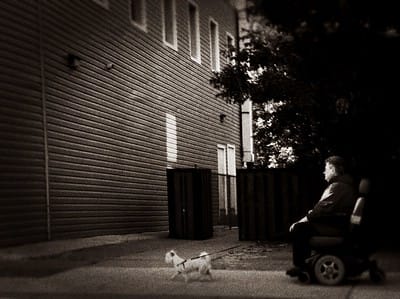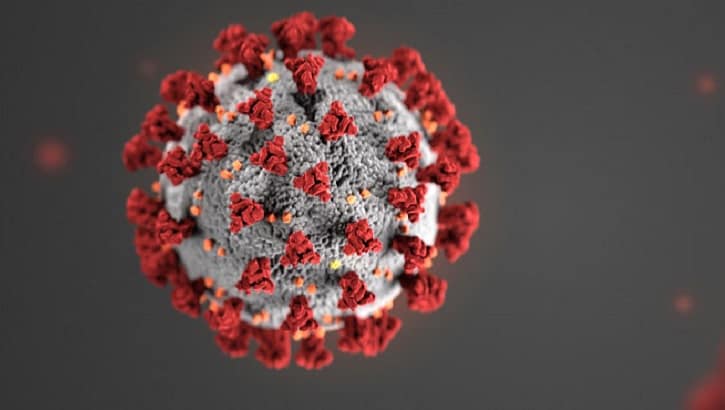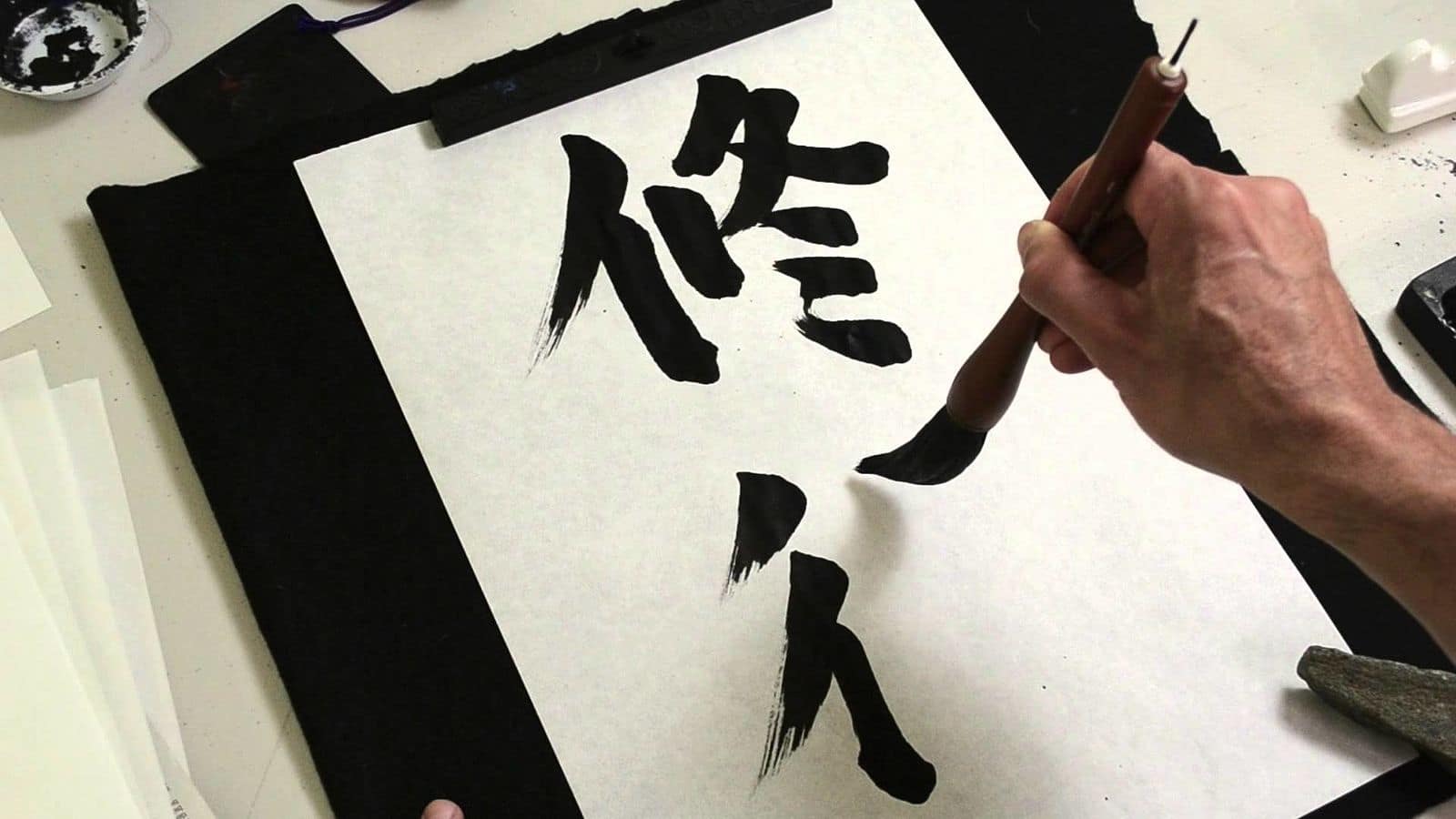The pandemic and self-isolation can help us to reflect on relevant topics. The post reflects on the experience of a PhD student being far away from her homeland during COVID-19 outbreak, the equilibrium between solitude and interpersonal relationships, highlighting the relevance of social interactions in the development and construction of ourselves.
A few years ago, Marthe (UG psychology student) found out that her dad had Alzheimer’s Disease (AD). Not only was she and her family struck by the devastating symptoms of the disease, also were they confronted with the consequences of stigma. She writes about her experiences and importantly gives some suggestions how to prevent stigma around this disease.
The current pandemic forces us to think about what is really important to us. It made me realize the importance of loving one’s home and hometown, even though my dad knew it all along.
Imagine that you are not able anymore to go to work (or education), use public transportation, visit friends or family, go to the theatre, attend outside events or even to get medical care. This may not be very difficult during these Corona times. This blog post points out these are all too common daily struggles of people with multiple sclerosis (MS).
Prof dr Casper Albers reflects on the numbers, and the rhetoric, of the corona crisis. (How do you tell the truth in a way that’s helpful both to the public and to policy-makers?)
Due to the Corona outbreak, we are all missing out on faculty life. Under these special circumstances, Mindwise shares some stories from students and faculty members. Today a personal blog about the spectacles in our faculty garden and how the Corona virus can bring us back to human nature.
Dr Burman decided to write several dozen haiku about the History of Psychology. For fun. As part of his Christmas vacation. Here, he also used the challenge of navigating the poetic constraints of its formalism to reflect on writing and creativity.
Mindwise is six years old this month! To celebrate, we’ve selected our favourite posts from 2019. Vote for the winner and enter to win a gift too!
Interpersonal styles are the driving factor behind our social interactions, therefore studying them contributes greatly to our understanding of ourselves and others.
After years of uncertainty, negotiations for Brexit are now moving to the next level. But will the negotiators involved manage to reach a mutually beneficial outcome? Kyriaki Fousiani explains why this is difficult, but not impossible.










